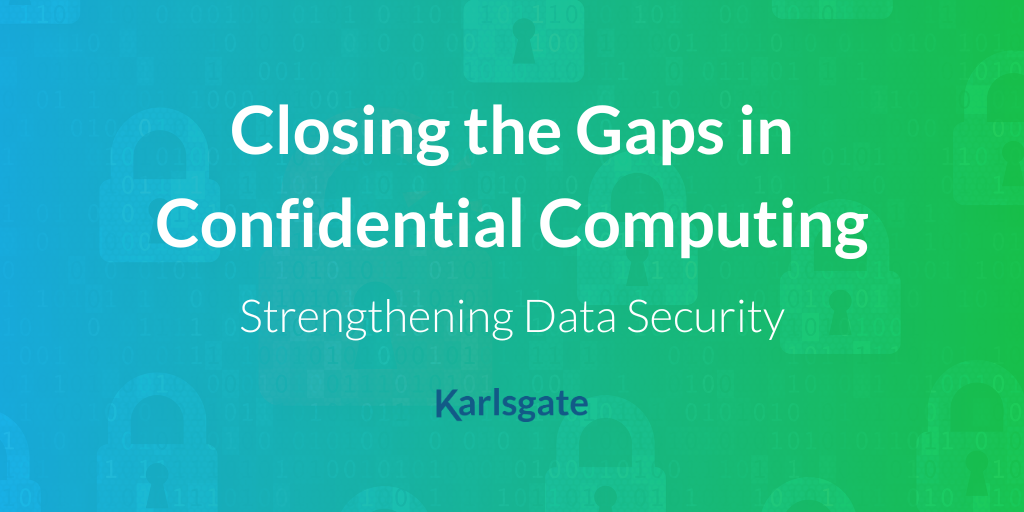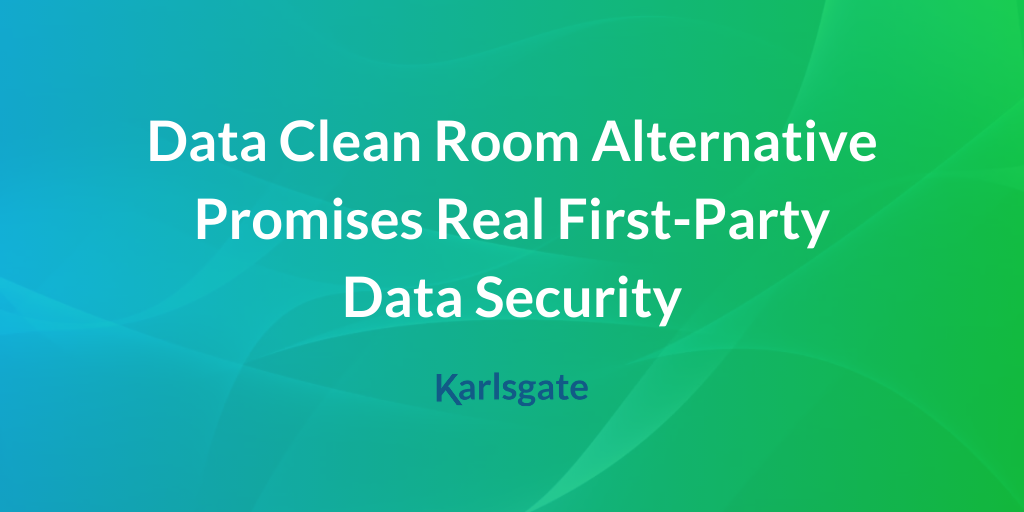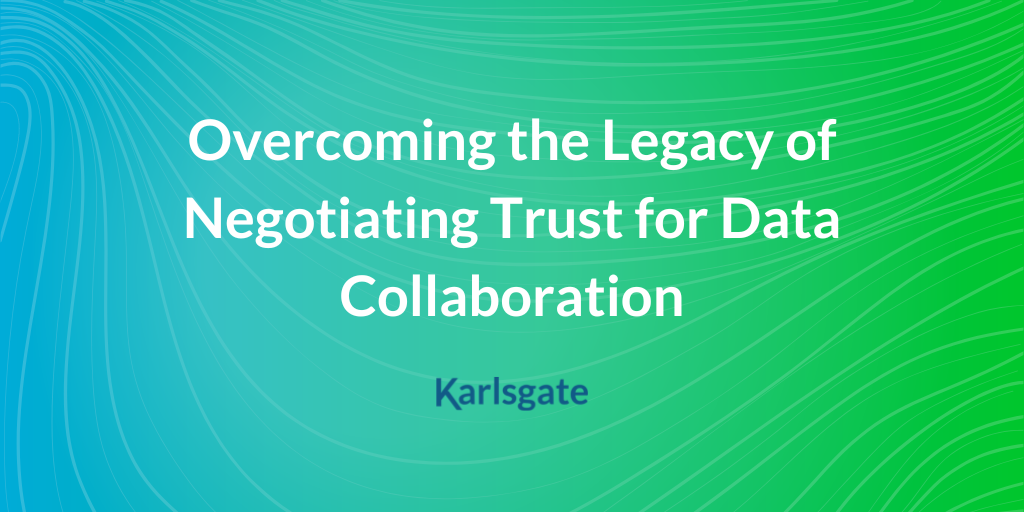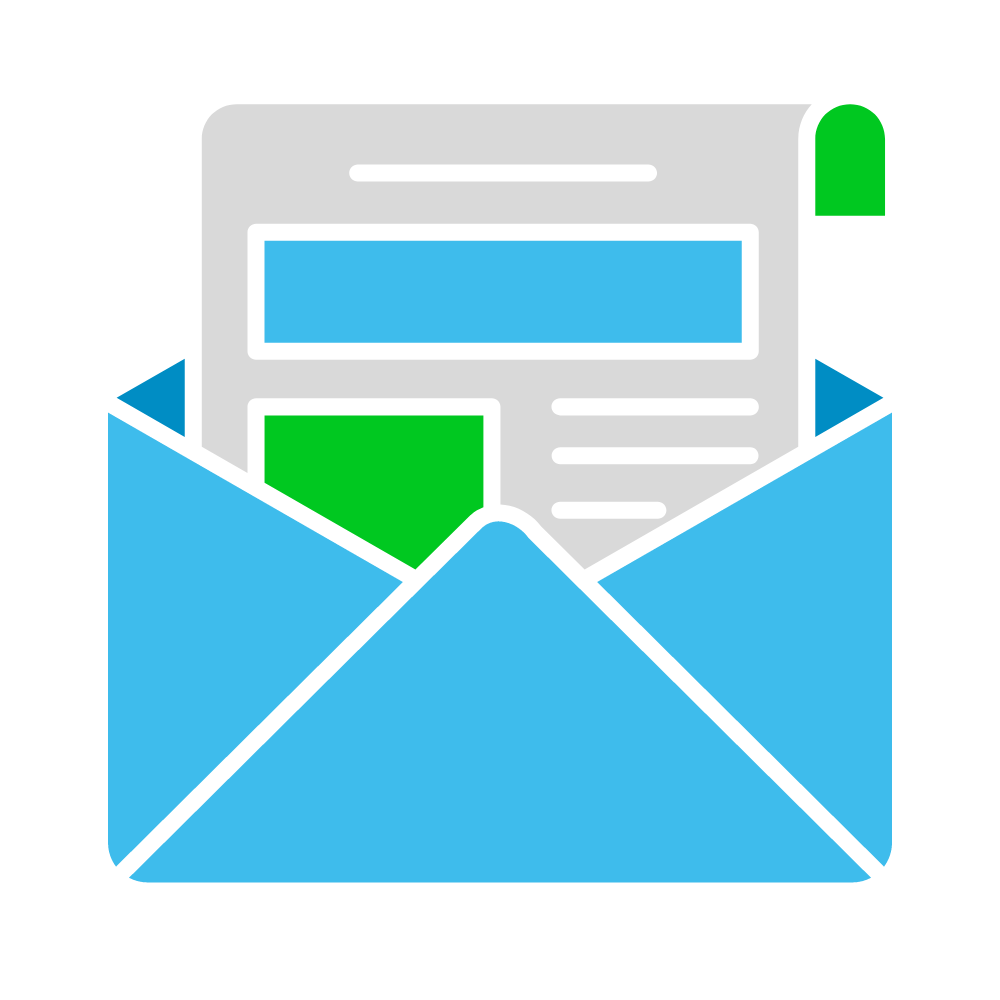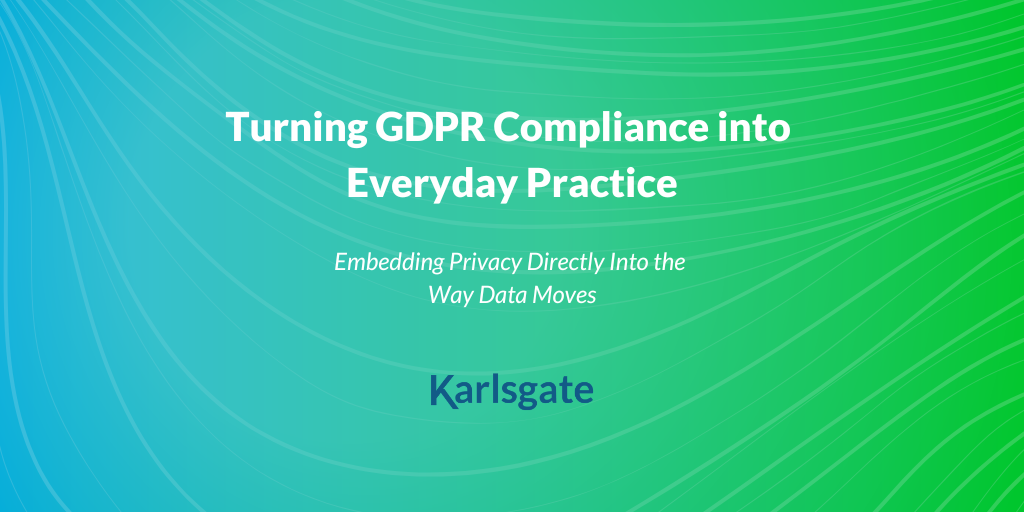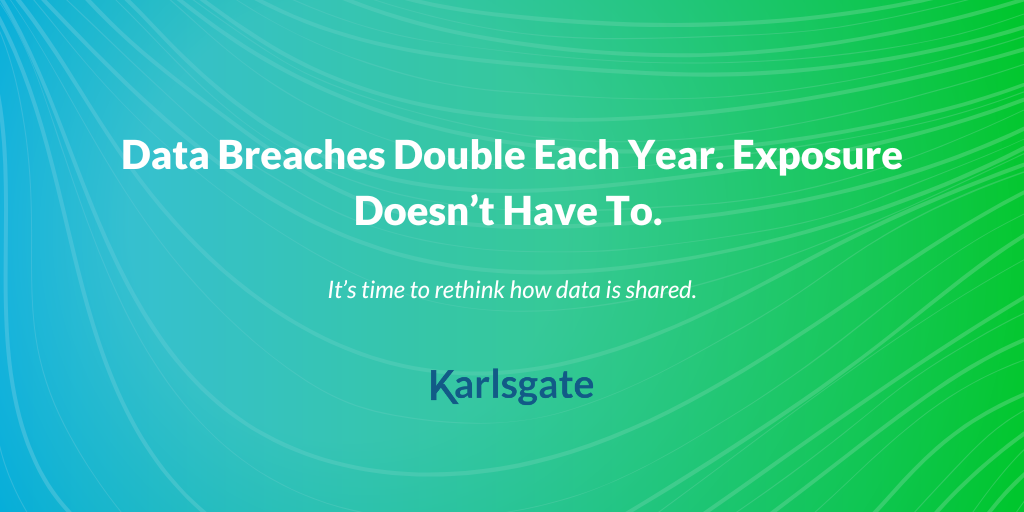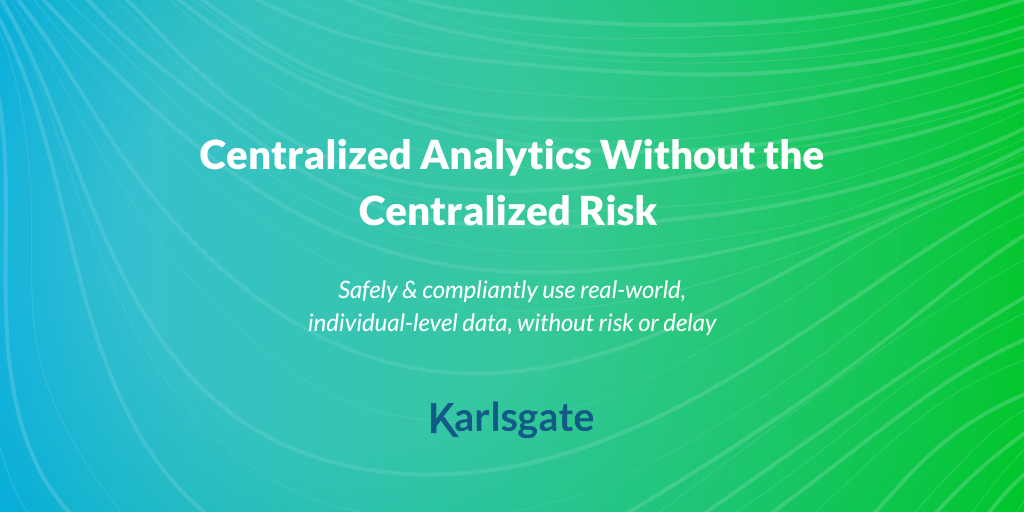In an era where data breaches are not just possible, but expected, businesses face an escalating challenge—how to protect their most sensitive information while still extracting its full value. With...
In the dynamic world of data collaboration, the buzz around data clean rooms in the industry is palpable. As companies seek innovative ways to collaborate on data while maintaining privacy and security, clean rooms have emerged as a promising solution. These secure computing platforms allow multiple parties to transfer and analyze their data within a controlled environment, ensuring privacy and security. However, as the industry embraces this approach, it's essential to recognize the challenges and limitations that come with it. Understanding these gaps can lead us to explore complementary solutions like Karlsgate, which can address these issues and enhance data collaboration.
The Promise and Challenges of Clean Rooms
Clean rooms offer a secure space, controlled by the 3rd party provider, where you and your collaborators can transfer data and perform predefined analysis workflows. This setup promises enhanced security and compliance. However, transferring data to an external environment, even a secure one, introduces potential legal and operational challenges. Moreover, not all data partners may agree to use the same clean room, creating integration gaps that can hinder effective collaboration.
Addressing Clean Room Challenges with Karlsgate
Karlsgate offers a complementary approach that addresses several key challenges associated with clean rooms:
1. Privacy and Compliance:
One of the primary concerns with clean rooms is the need to transfer data to an external environment. If you or your technical administrators did not set up the data clean room with exclusive, 100% control over the environment, then that still constitutes a loss of custody to another party. If you and your trade partner both have data in the same “room,” then logically you cannot both have 100% control of that data clean room. Karlsgate mitigates this issue by avoiding shared “rooms” and allowing data to remain within each party’s secure systems, ensuring strict compliance with privacy laws. No personal data is transmitted to another environment, avoiding the legal grey areas that can arise with data custody transfers.
2. Seamless Integration Across Platforms:
Not all data partners will agree to use the same clean room, leading to potential integration issues. Karlsgate solves this by enabling remote data joining, allowing each party to collaborate without having to agree on a single platform. This flexibility ensures smooth data integration, regardless of the clean room preferences of different partners.
3. Enhanced Data Integration:
Clean rooms often focus on generating insights through predefined analytics, which can be limiting. Karlsgate facilitates direct data exchange within secure transactions if needed, supporting complex dataflows and relationships essential for business operations. This capability goes beyond insights generation, enabling true data integration.
4. Empowering Your Analytics Team:
Using predefined analytics within a clean room can restrict the potential of your data scientists. Karlsgate empowers them by providing access to raw data within their preferred tools and environments. This approach leverages the full power of your own analytics capabilities, enhancing the value derived from your data.
5. Cost Efficiency and Flexibility:
Clean rooms require constant allocation and hosting, leading to higher costs. Karlsgate’s model is more cost-effective, as processing is limited to the moments of data matching, typically around three hours per month. This reduces operational expenses and provides greater flexibility to collaborate with a wide range of partners across different geographies and industries.
Conclusion: Embracing a Hybrid Approach
The rise of clean rooms underscores the industry's need for secure and collaborative data environments. However, their inherent challenges necessitate complementary solutions. Karlsgate, by keeping data within home environments, ensuring compliance, and enabling seamless integration, addresses the gaps left by clean rooms.
As the industry continues to evolve, a hybrid approach that leverages the strengths of both data clean rooms and remote connectivity solutions like Karlsgate will likely define the future of data collaboration. This synergy can lead to more robust, flexible, and compliant strategies, unlocking new opportunities for businesses worldwide.

